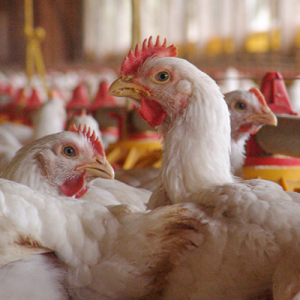The prevalence, politicization and health policy consequences of canine vaccine hesitancy
Canine vaccine hesitancy (CVH) can be thought about as dog owners’ skepticism about the safety and efficacy of administering routine vaccinations to their dogs. CVH is problematic not only because it may inspire vaccine refusal – which may in turn facilitate infectious disease spread in both canine and human populations – but because it may contribute to veterinary care provider mental and physical health risks.
In a nationally representative survey of U.S. adults (N = 2200), researchers introduce a novel survey-based instrument for measuring CVH.
The team documents pervasive CVH in dog owner subpopulations. Troublingly, they found that CVH is associated with rabies non-vaccination, as well as opposition to evidence-based vaccine policies.
In conclusion, the authors discuss the human and animal health consequences of CVH and outline a research agenda for future opinion-based research on this important topic.
The team acknowledge this work as an important first step in understanding canine vaccine hesitancy and its public health consequences. They recognized that some measures employed in this study are imperfect. For example, the measure of canine rabies vaccine uptake is self-reported, and therefore may be subject to inaccurate or biased recall.
Read more about the study and its lead author, Assistant Professor Matt Motta, in a story from Boston University School of Public Health.
Matt Motta, Gabriella Motta, Dominik Stecula, "Sick as a dog? The prevalence, politicization, and health policy consequences of canine vaccine hesitancy (CVH)," Vaccine, 26 August 2023, ISSN 0264-410X, https://doi.org/10.1016/j.vaccine.2023.08.059.














List
Add
Please enter a comment